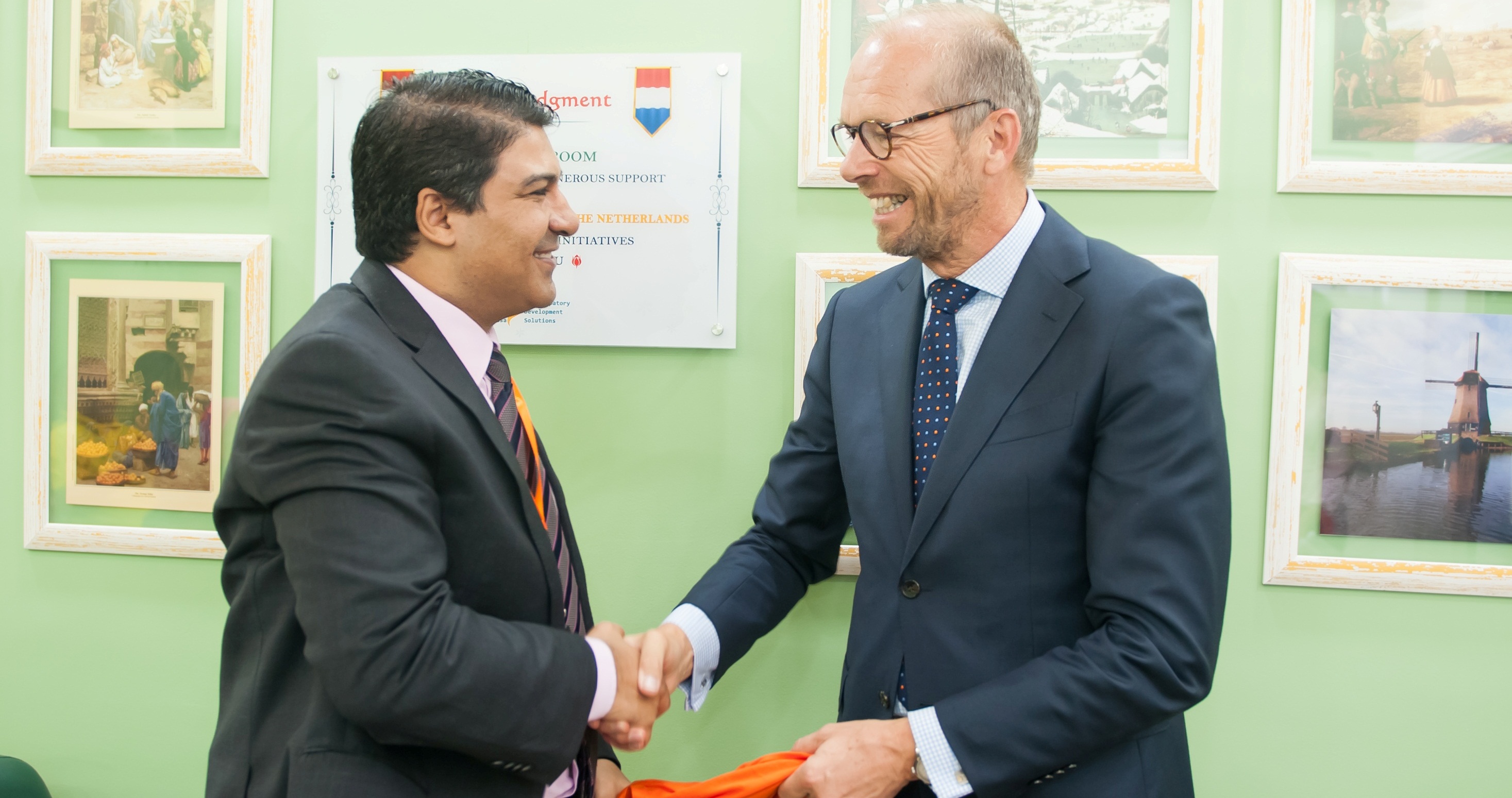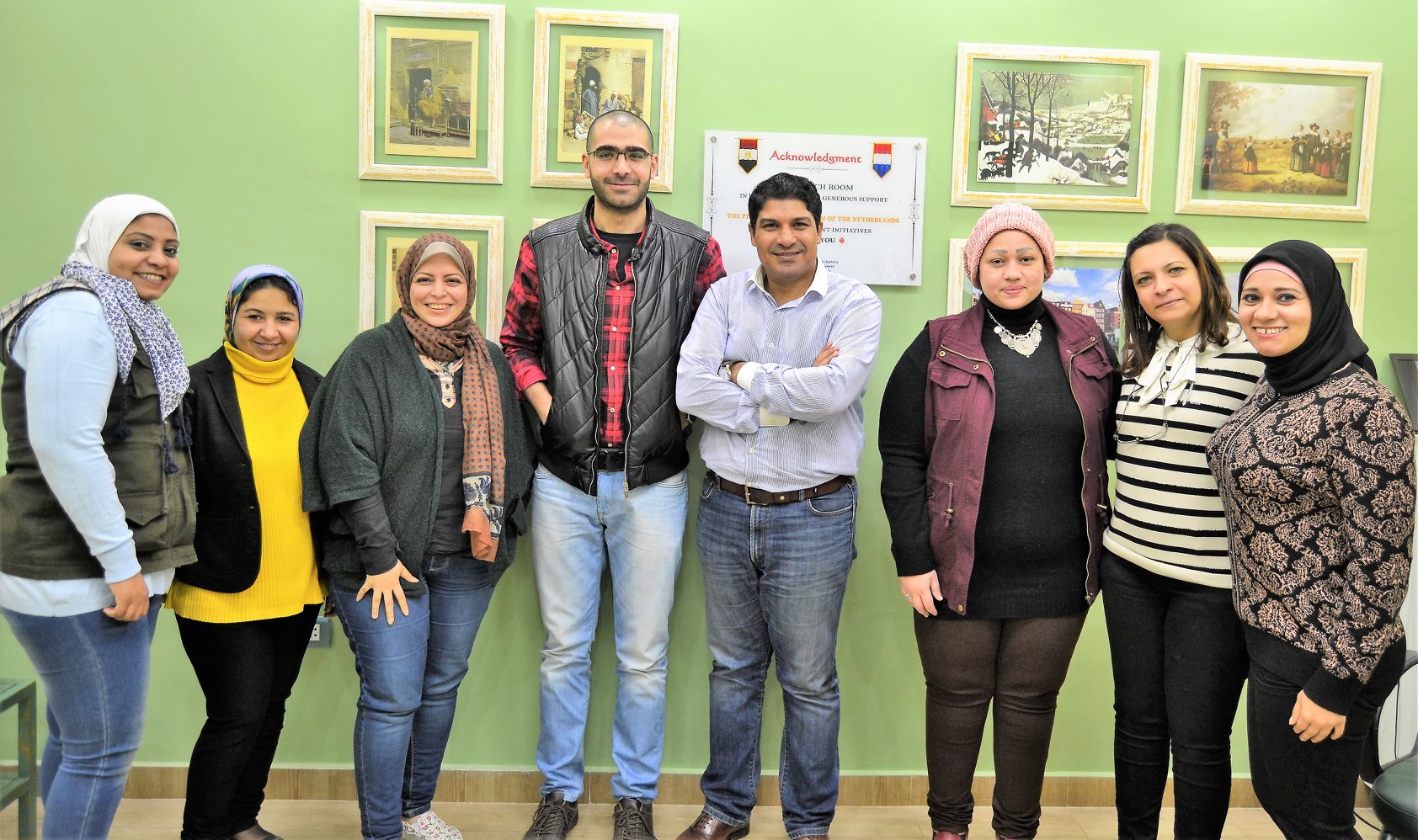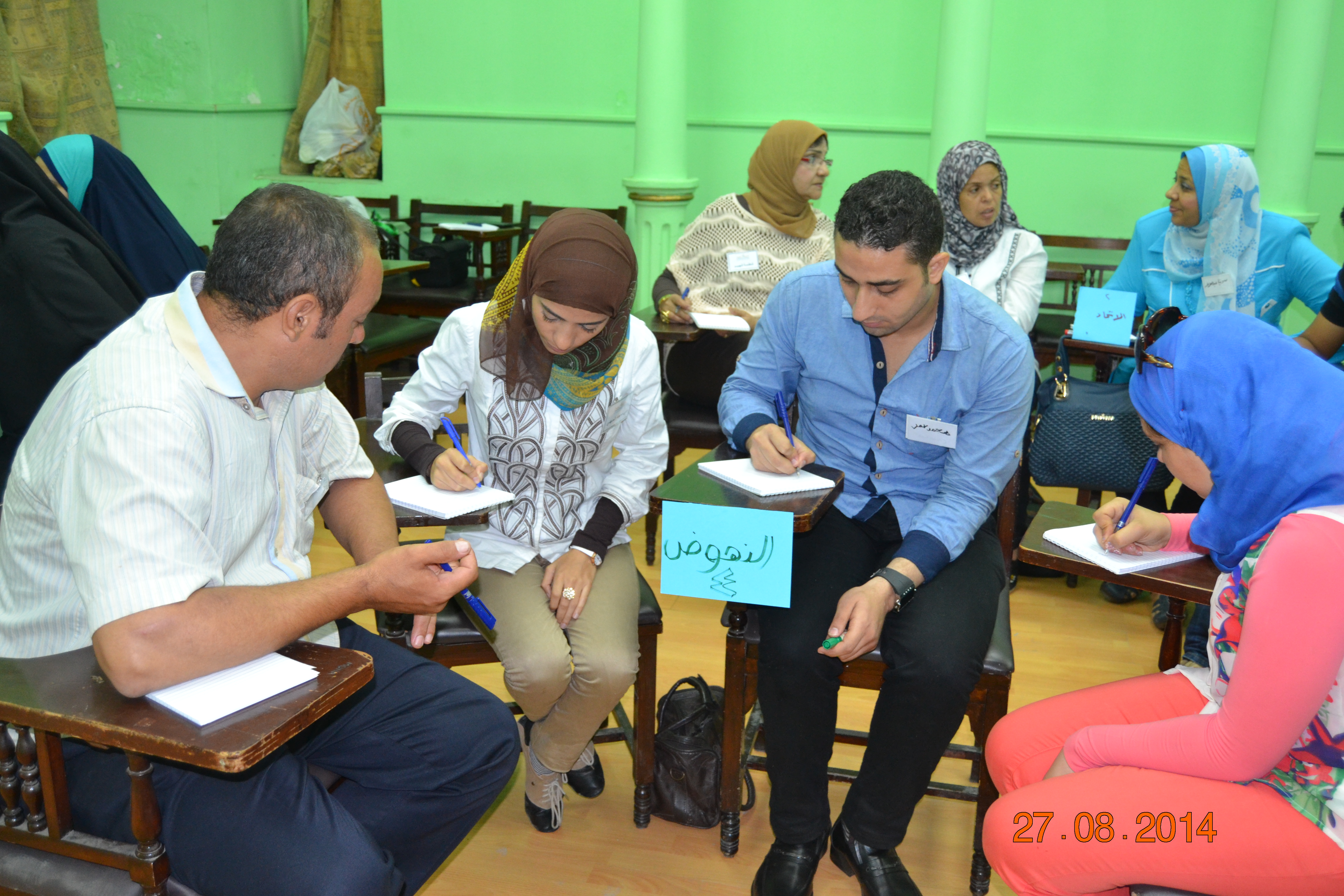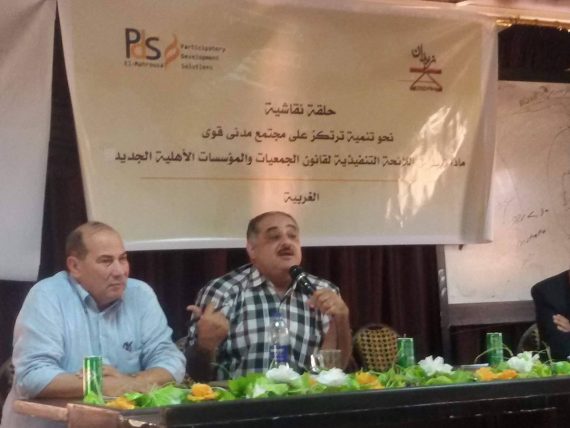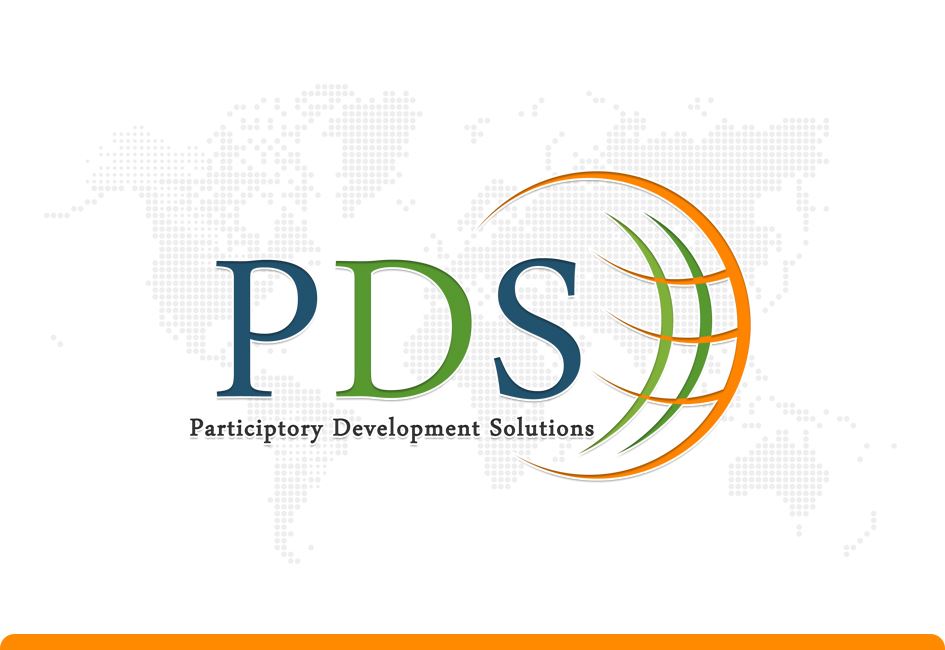
Who we are
Participatory Development Solutions (ElMahrousa PDS) was founded in 2011 to promote and enhance sustainable development, sustainable stability, and prosperity of the target communities, striving for a better quality of life for all. PDS’s methodology consists of facilitating the learning and adaptation processes of various communities and organizations. Beneficiaries of El-Mahrousa PDS are both public and private organizations and individuals. Our mission is to build their institutional and individual capacities and fostering multi-stakeholders consultation for effectively designing, implementing and measuring the progress of development strategies, so that they would be able to address key social and economic challenges.

